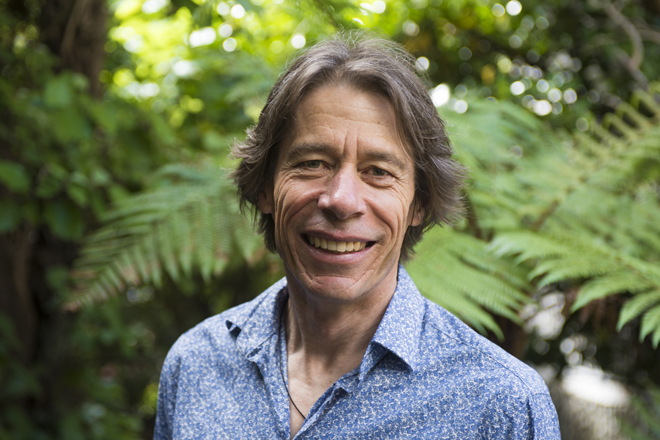
Dr Johnathan Newton
KUCHING: Tasks and conversations in the classroom offer a more meaningful language learning opportunity for students instead of the reliance on textbooks or teacher-based instruction.
This was the message that a senior lecturer and director of Bachelor of Education for Teaching of English to Speakers of Other Languages (TESOL) programme at Victoria University of Wellington,
Dr Johnathan Newton, conveyed to some 60 educators attending his public lecture at Swinburne University of Technology Sarawak Campus here recently.
He emphasised the need to utilise meaningful tasks in the language classroom for the students to learn a language successfully.
“When learners do real things with language, the language becomes real to them. Through talk, even the learner with limited English proficiency can extend their language resources.
“Learners need to engage with meaning to develop a grammatical system and that the focus on form should come from doing real things with language,” he told participants during the two-hour session, which was conducted by Swinburne Sarawak’s Faculty of Language and Communication (FLC).
FLC associate dean for diploma/degree and post-graduate programmes Dr Ida Fatimawati Adi Badiozaman believed that the public lecture was necessary to boost the level of English proficiency in Sarawak.
“Our emphasis is not only on high-quality, engaged teaching and research, but also teaching and research that make a difference in the lives of individuals and contribute to national economic and social objectives.
“The university works closely with its industry partners and the community to achieve outcomes that are directly relevant to the industry and society.
“This event reflects our contribution to the community, particularly in enhancing teaching and learning skills in the English language. The standard of English has been reported to decline progressively over the years – creating a significant proficiency gap between students in the urban and rural areas.
“Clearly, there is a pressing need to review educational approaches in order to meet the complex demands of teaching and learning; and the individual differences often overlooked in a language classroom,” she said.
The lecture at Swinburne Sarawak was attended by teachers from public and private schools, teachers training colleges and polytechnics. Newton has worked in language teaching and teachers education for 30 years in New Zealand, Malaysia and China. He has a strong international flavour, notably through his extensive work with language teachers and educational institutions across Asia.
